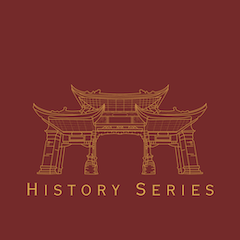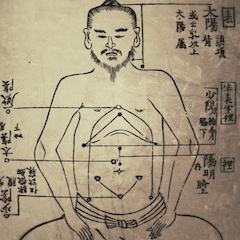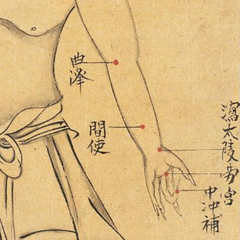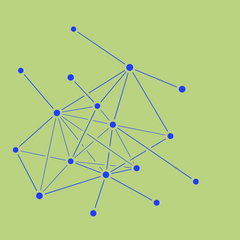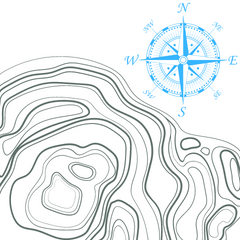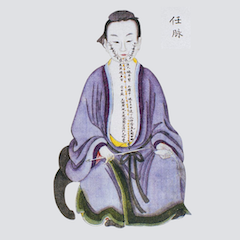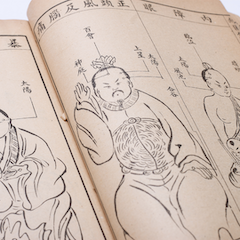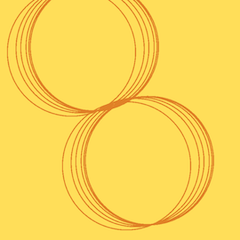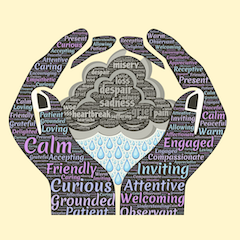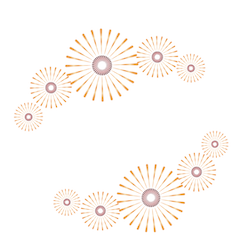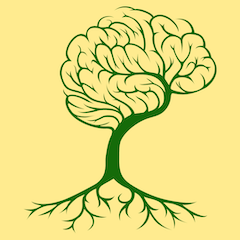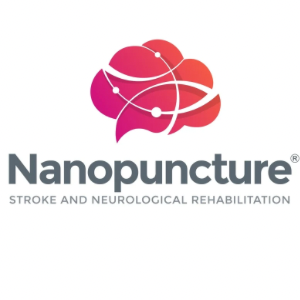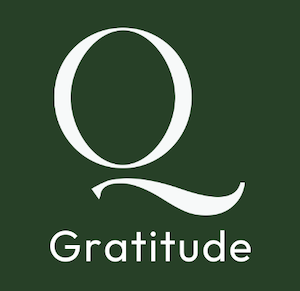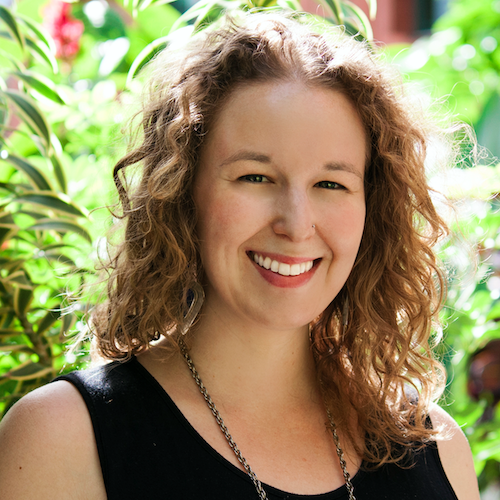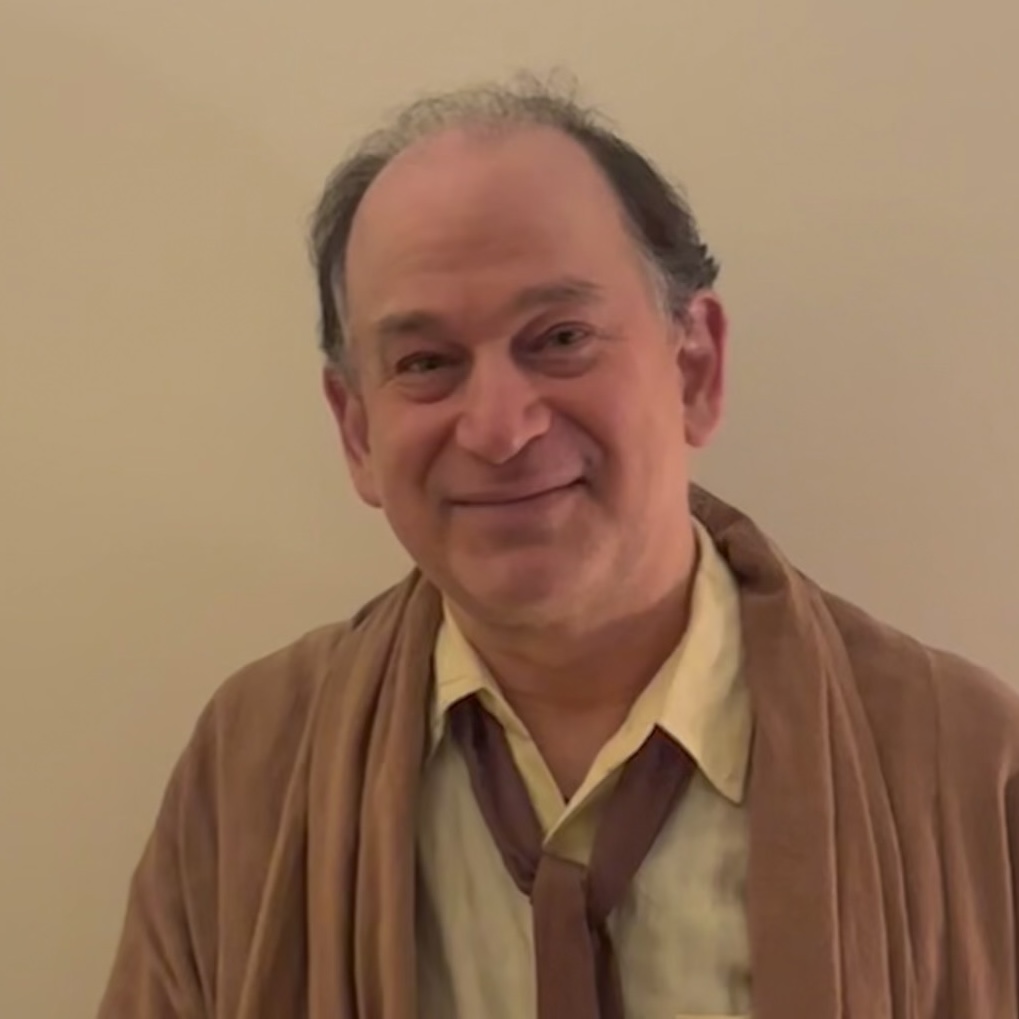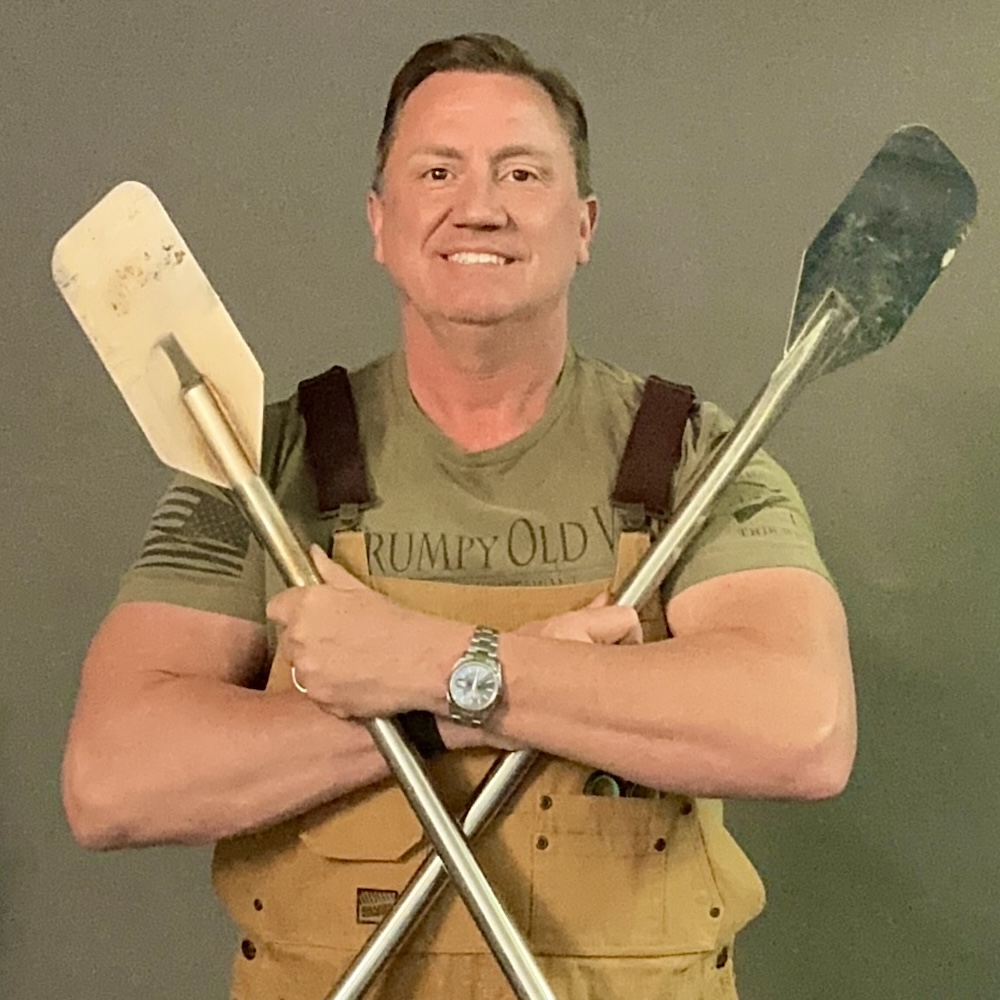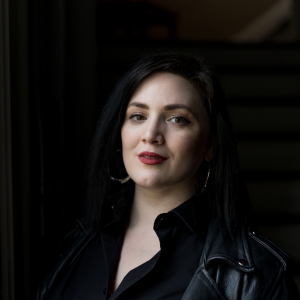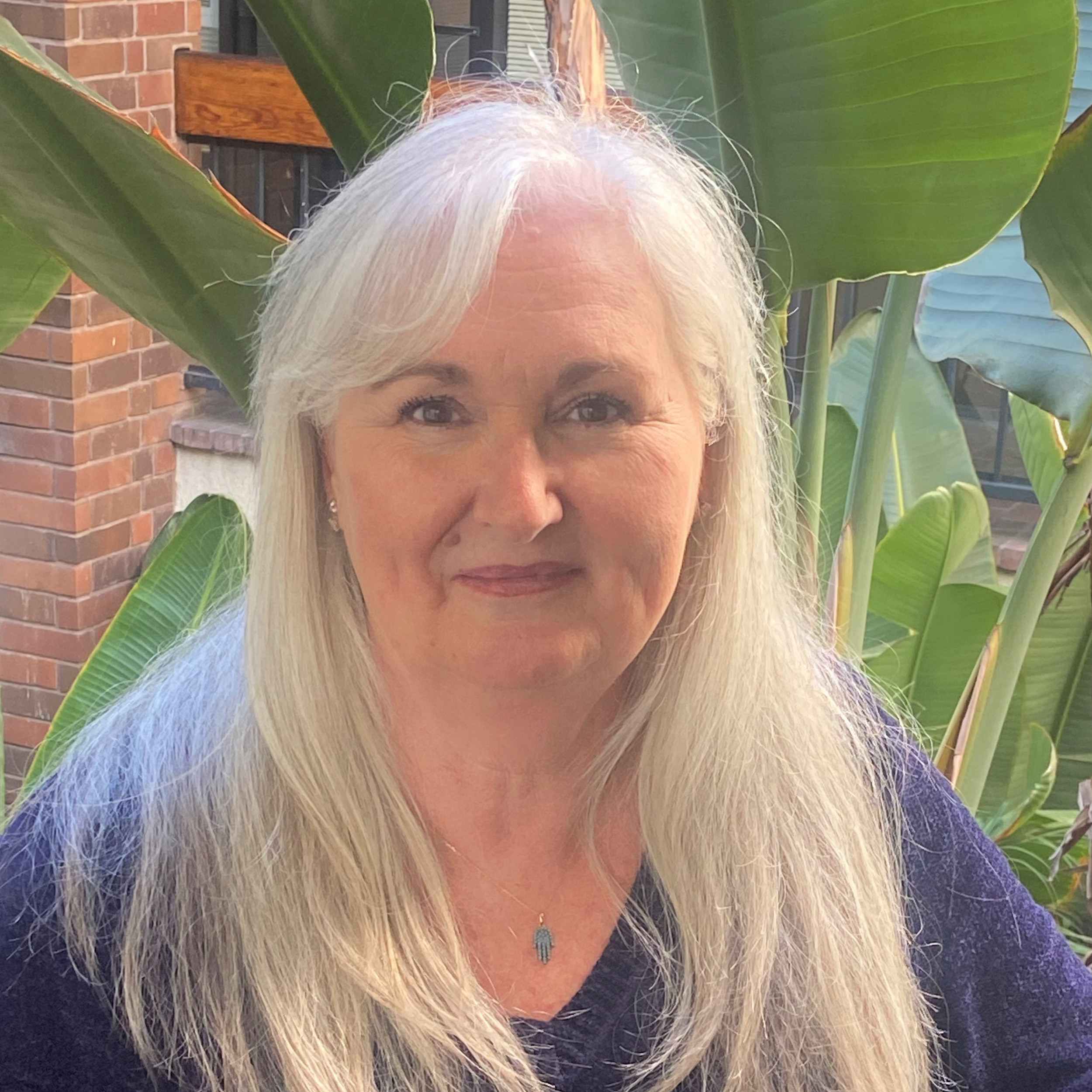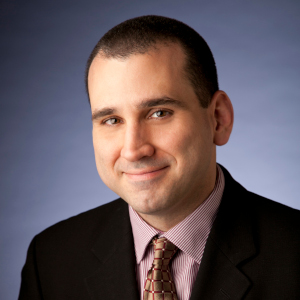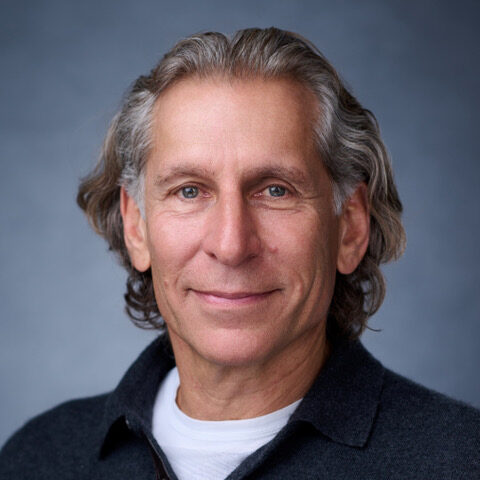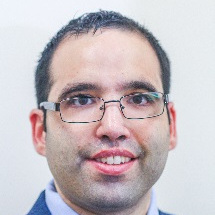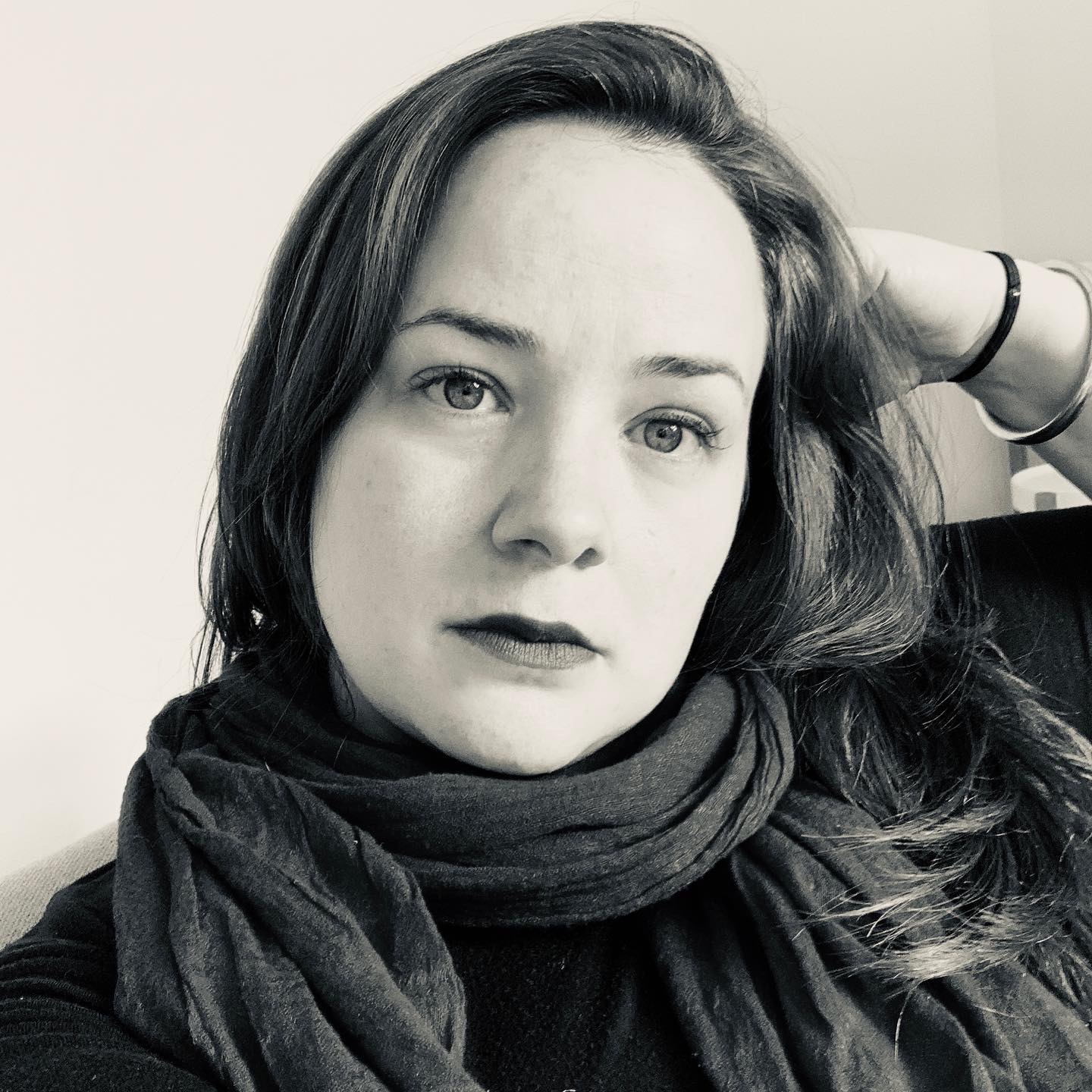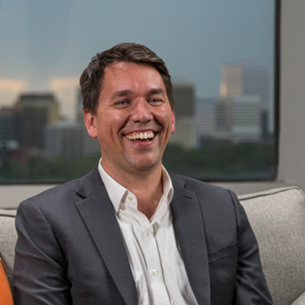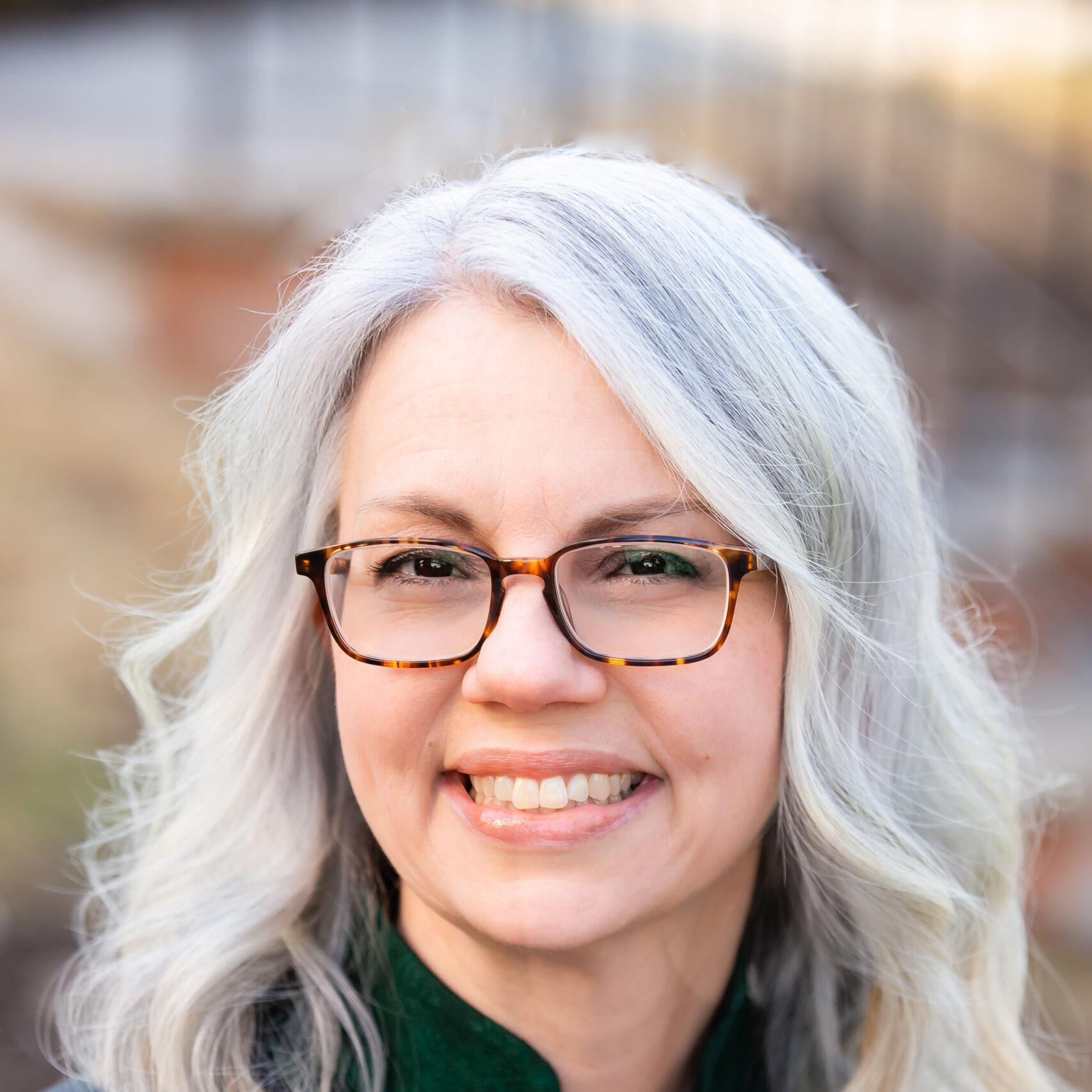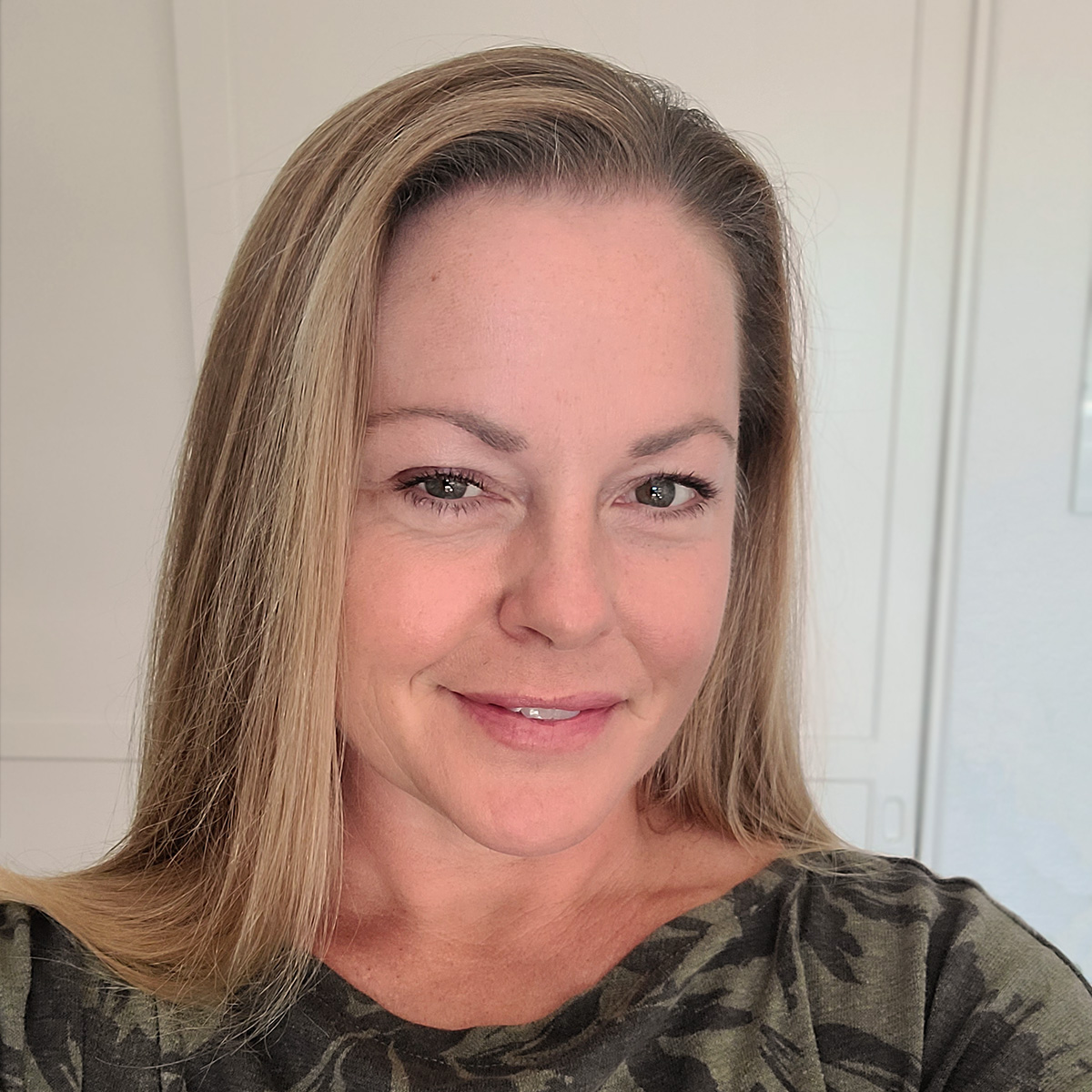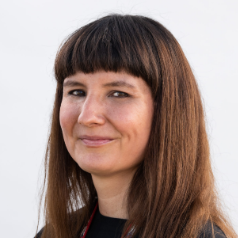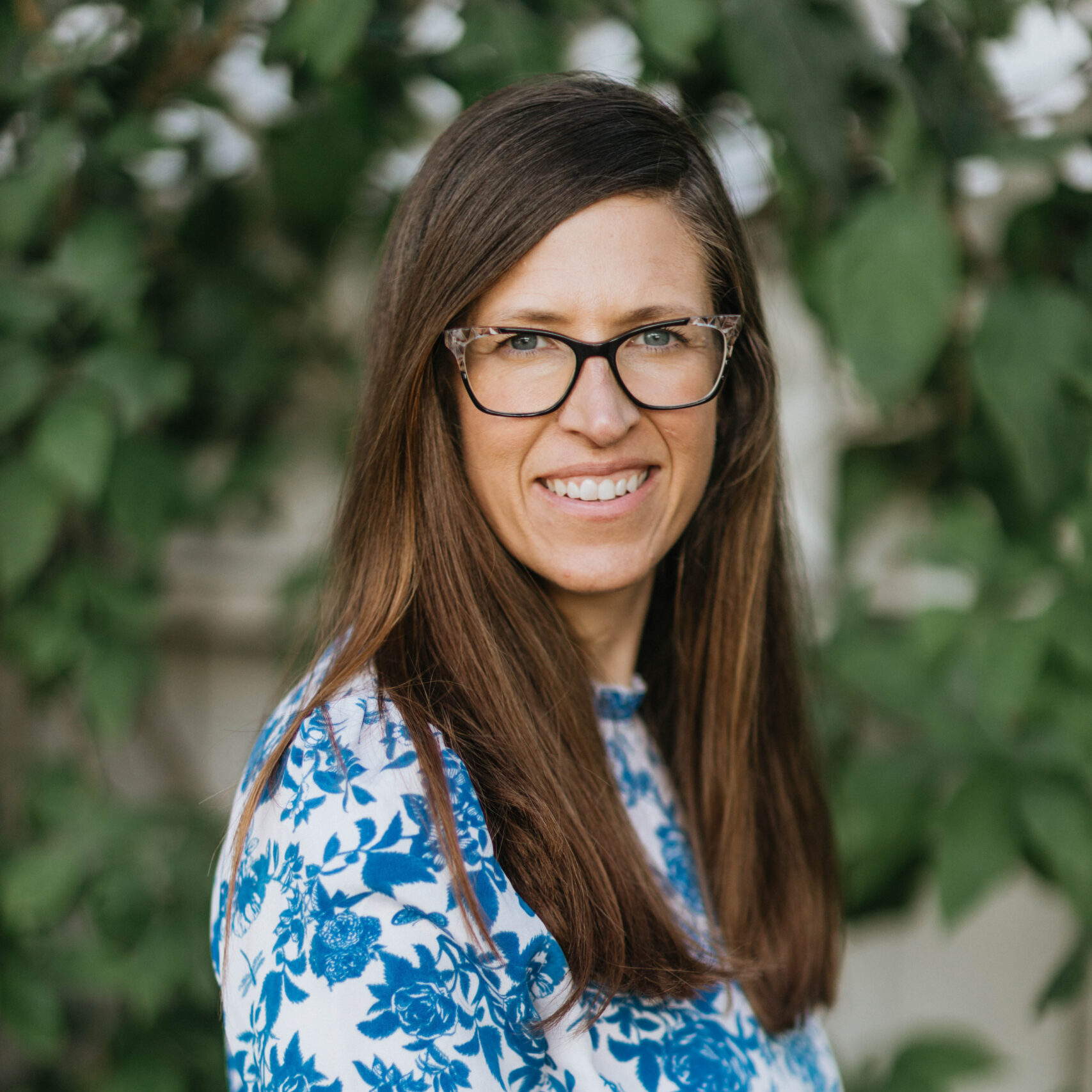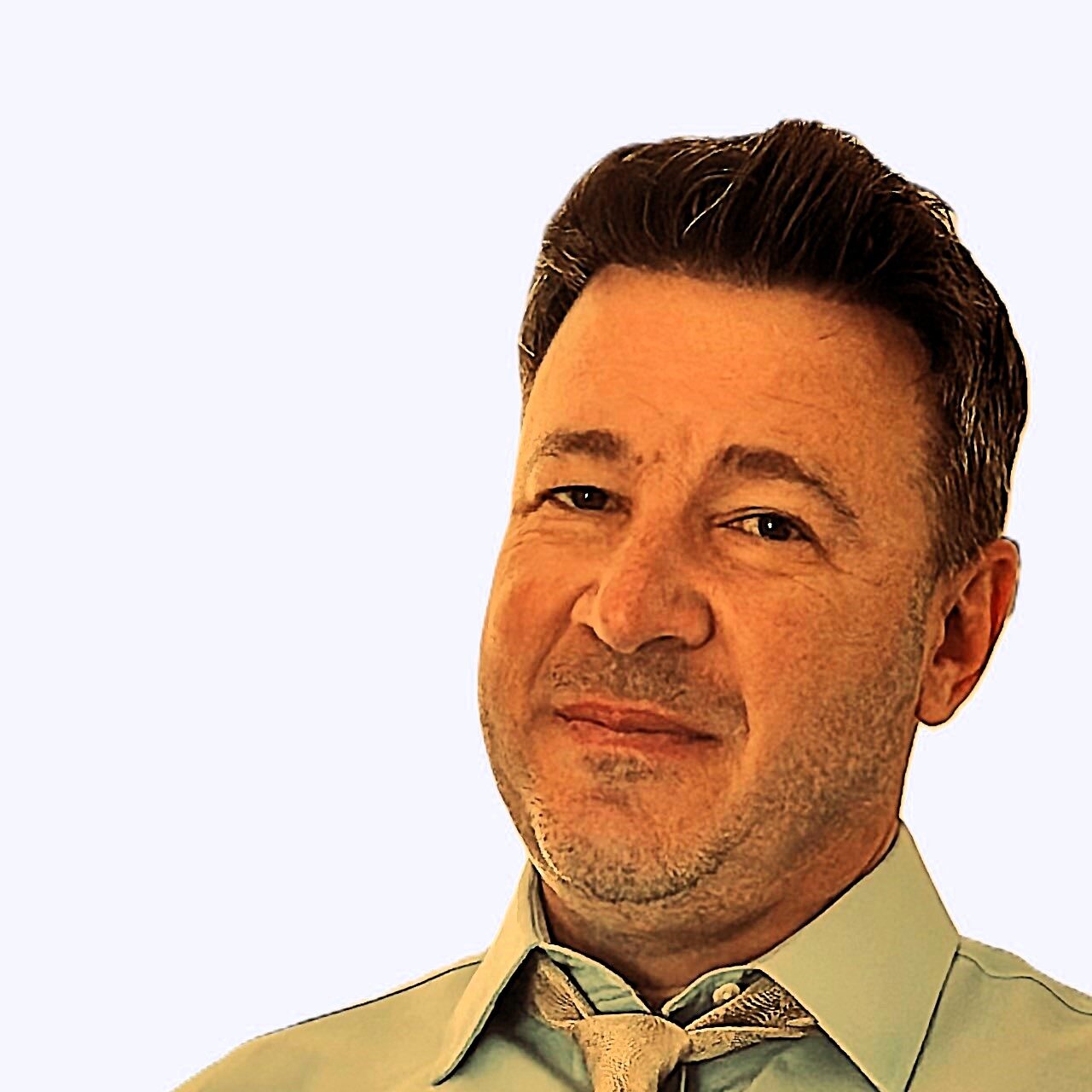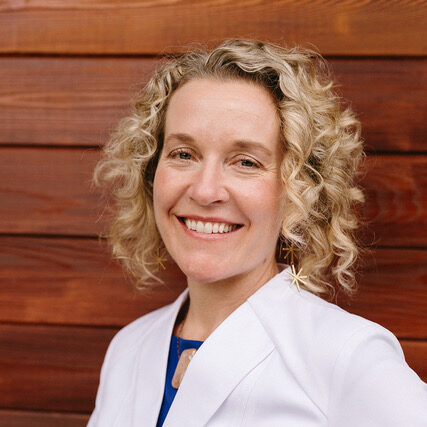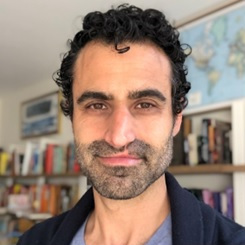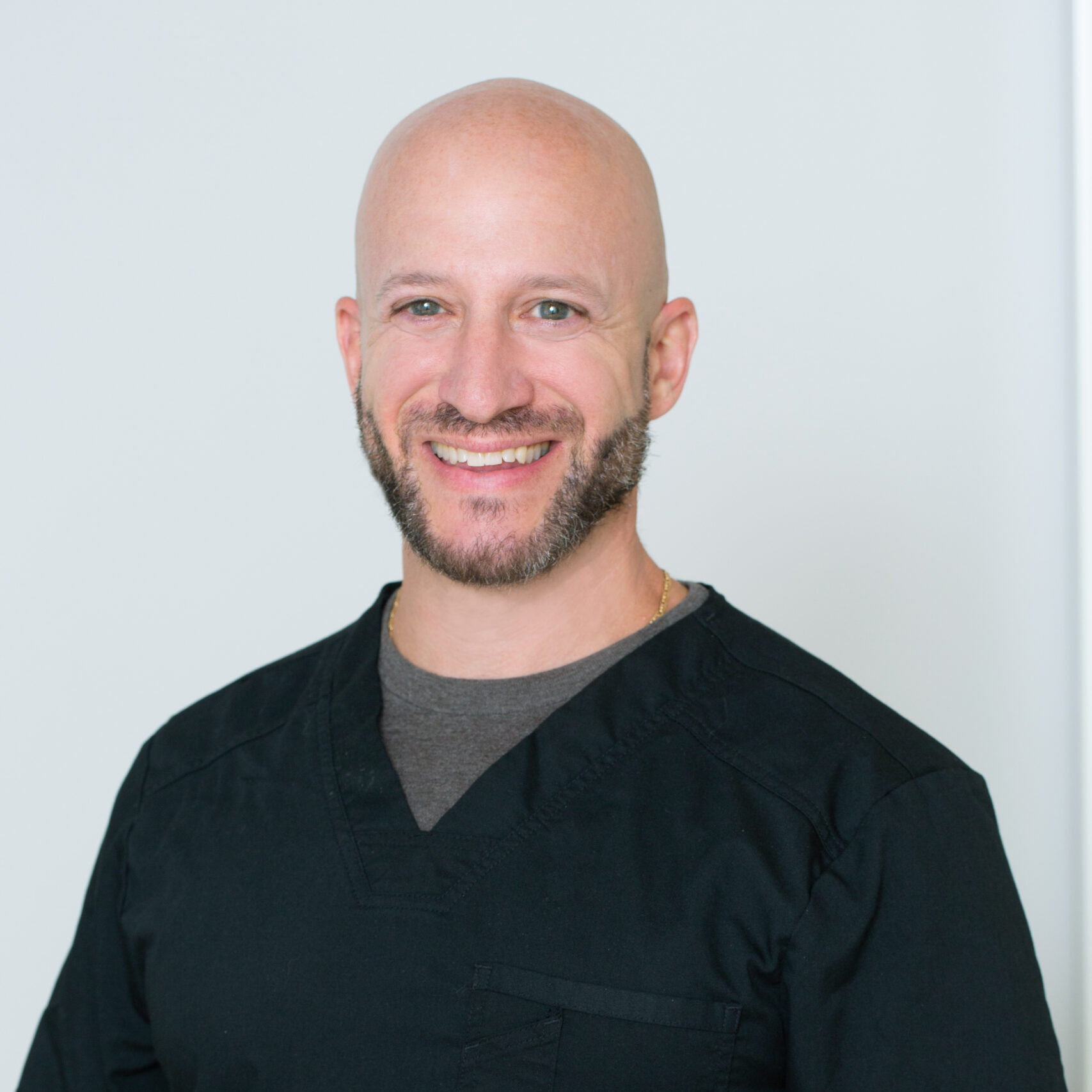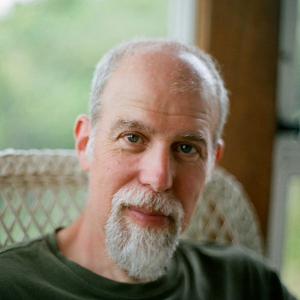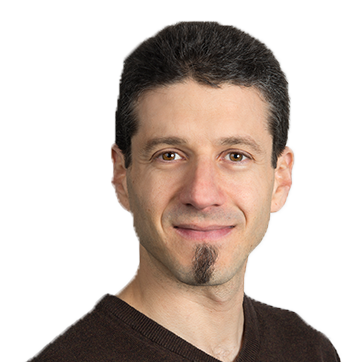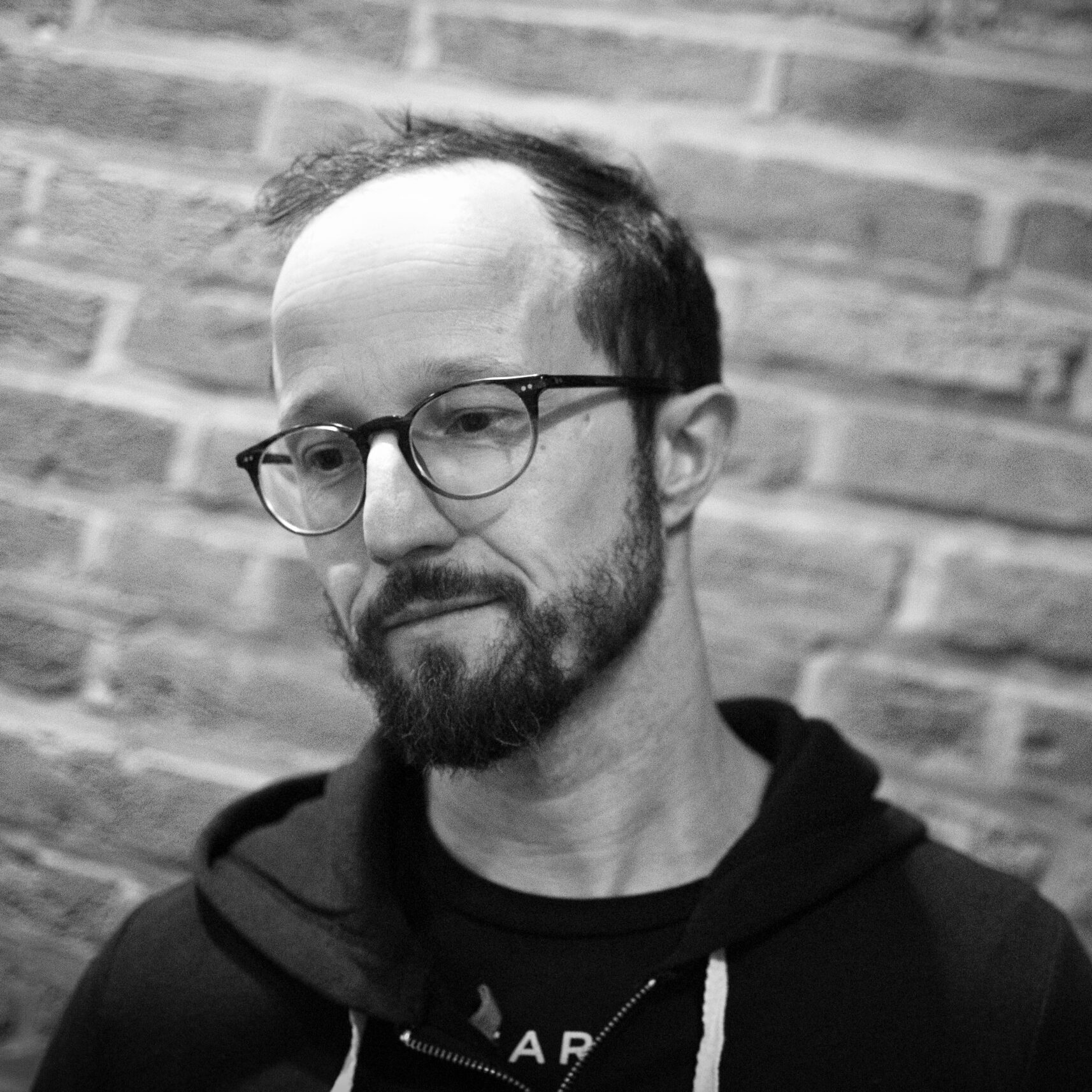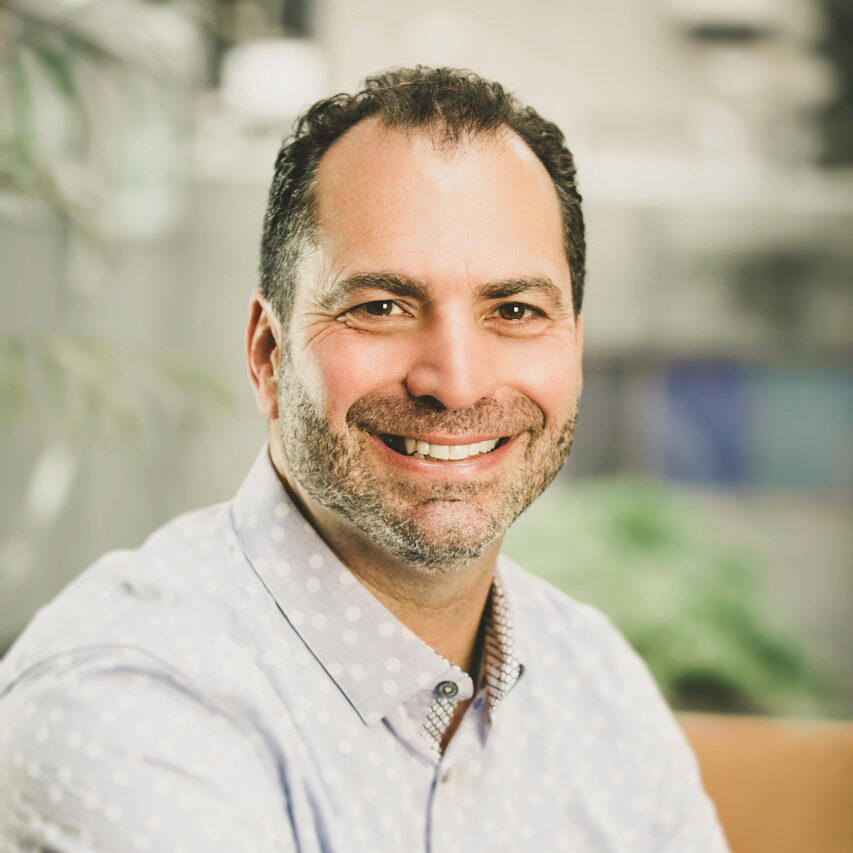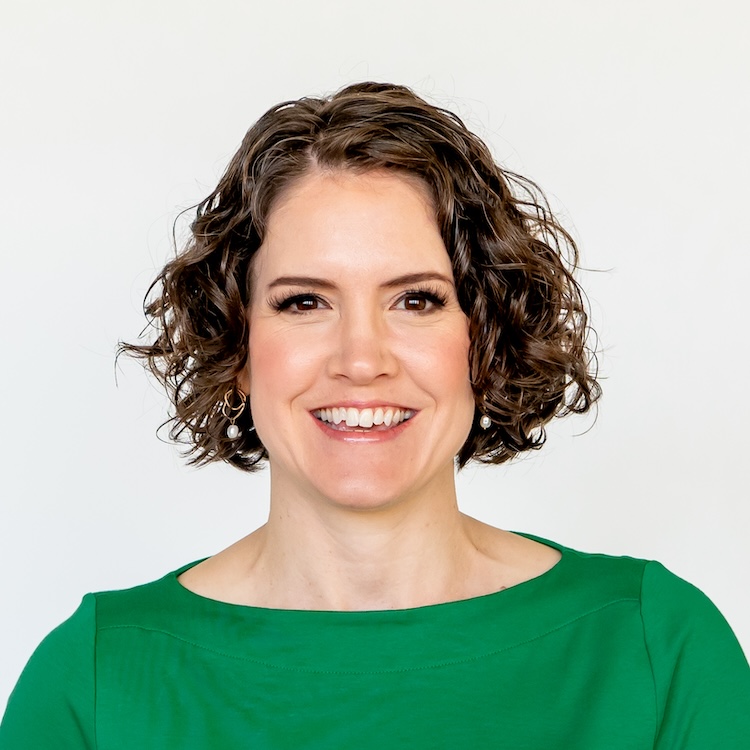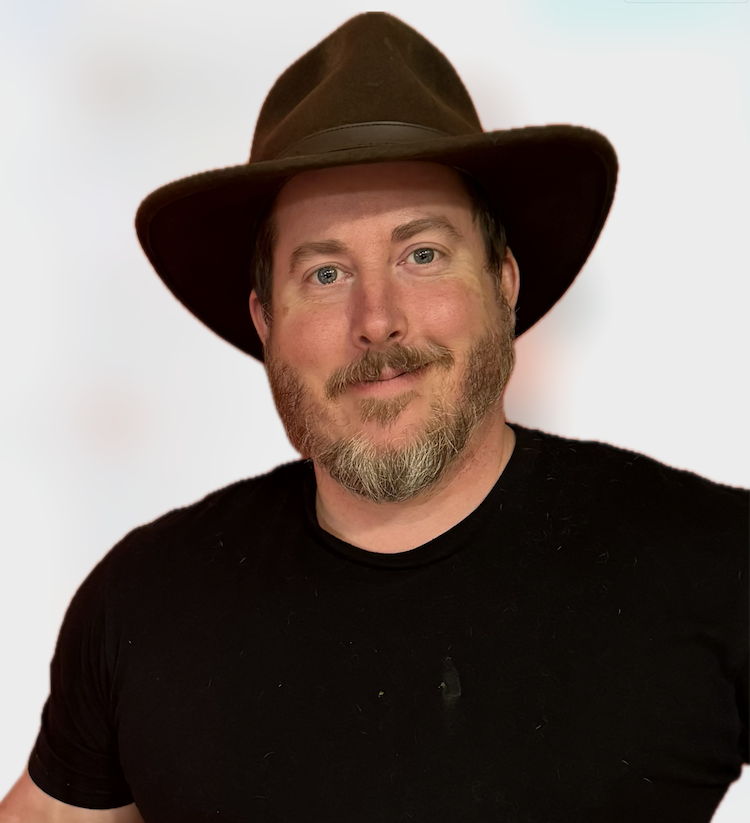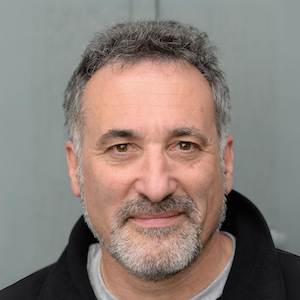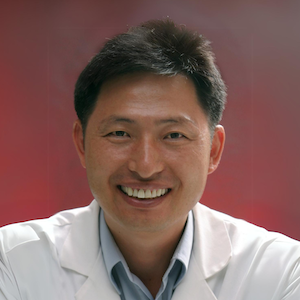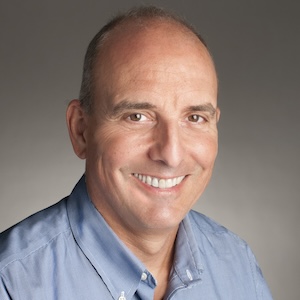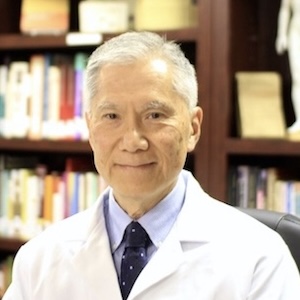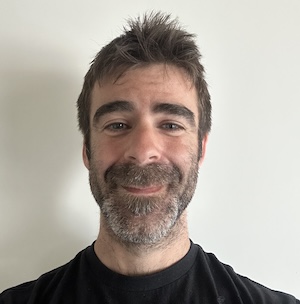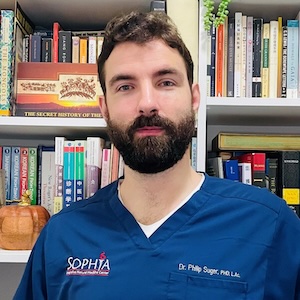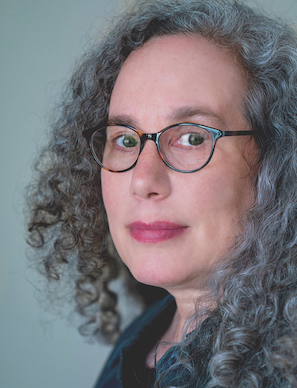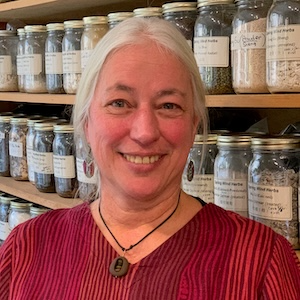397 History Series, The Migration of Chinese Medicine to the American West • Tamara Venit-Shelton
The history of medicine isn’t just about treatments and techniques—it’s about migration, adaptation, and how healing traditions take root in new landscapes. The movement of Chinese medicine to the American West is a story woven with resilience, ingenuity, and cultural exchange.
In this conversation with historian Tamara Venit-Shelton, we explore the migration of Chinese medicine through the lens of immigration, frontier life, and evolving medical landscapes. Her research uncovers the untold stories of Chinese herbalists, the communities they served, and the challenges they faced in an unfamiliar land.
Listen into this discussion as we trace the paths of early Chinese practitioners, the role of herbal medicine in frontier healthcare, the legal and social battles they encountered, and the ways in which Chinese medicine shaped—and was shaped by—the American medical landscape.
Subscribe To This Podcast In Your Favourite Player
226 Connections and Principles of Japanese Acupuncture, The Nan Jing, and the Saam Method • Thomas Sorensen
Leaves on a plant curl and turn yellow when the soil is not right. The health of a cat is reflected in the texture of its fur and clearity in the eyes. Likewise with people we can discern states of wellness or illness by attending to those parts of...
read more225 The Pernicious Influence of Depressive Heat • Rob Helmer
The fundamentals root our practice. The basics that we learn in the beginning not only never go away, but deepen with experience. This is why regardless of lineage or method, Chinese medicine practitioners can communicate with each other as we...
read more224 Integrating Sensing and Thinking Through the Lens of Japanese Acupuncture • Paul Movsessian
Our job as clinicians is to help our patients. And to help them we must first understand them. Which is easier said than done, especially as we all have different ways of being in the world, our perception has a lot to do with which senses we like...
read more223 Knowing Your Foundation and Leaning on Your Strengths • Mark Asquith
When you’re running a business, be it an acupuncture clinic, tech company, plumbing service or coaching practice there are core principles that can spell the differences between failure and success. In this conversation with Mark Asquith we noodle...
read more222 To Be Like Water • Margot Rossi
Heartbreak is unavoidable. It’s not a flaw in character or make up humans, it’s a feature. It’s what allows us to grow beyond the bounds and limits of family, friend group, peers and whatever group identity we find that gives a sense of belonging...
read more221 The Channel Project, Using Instagram to Teach and Market • Andrea Dewhurst
Love it or hate it, social media has seeped its influence into many corners of our lives. Most people have at least one social media platform that acts as a kind of morning news, local gossip coffee shop, private printing press, or digital campfire...
read more220 Nuts and Bolts of Building a Practice • Eric Grey
Money is the lifeblood of every business; it’s the Qi. And an acupuncture practice can not ignore the basics of business. The main focus of a Chinese Medicine practitioner is to deliver holistic care to patients – in essence creating a safe space...
read more219 Historical Context, Breaking Down Dogma, and Learning from Crisis Moments • Allen Tsuar
There are many schools of thought, methods both ancient and modern, practices based on lineage and those idiosyncratically synthetic. It is easy to think that what you understand is correct, and all too often medicine is practiced with a bit of an...
read more218 Uncertainty and Investing in Our Practice • William Green
It’s easy to have beliefs about people we don’t know. Especially if they tick the boxes of our biases, prejudice, ignorance and the opinions of our friends. When you think about successful stock market investors you’re probably not thinking about...
read moreQiological Audio Journal, Fall 2021 • QAJ002
Welcome to the second edition of the Qiological Audio Journal. The audio journal is a collection of interviews, discussions, clinical cases that help to illuminate the classics, book reviews, some business acumen and practical clinical skills to...
read more216 Perspectives From a Family Lineage • Dr. Shoubin Yu & Anthony DiSalvo
Traditions tell a story. They hold and transmit insights into cultural, religious, and sometimes medical practices. They can give us a glimpse into how family lineages consider and refine aspects of medicine learned in the institutional settings. ...
read more215 Inquisitiveness, Engagement and Vitality • Velia Wortman
As practitioners of Chinese Medicine, it’s our responsibility to address all aspects of our patient’s experience: mind, body, and spirit. This demands that we listen carefully to the various streams of information at our disposal—whether from our...
read more214 Eastern and Western Philosophy & the Future of Chinese Medicine • Brenda Hood
How we think influences what we do. The models and frameworks we use to understand not just our medicine, but the world itself, opens or limits the options we can offer our patients for treatment. While the Venn Diagrams of East Asian and Western...
read more213 Boundaries, Filters, Language and Flow, The Terrain of Empathy • Diane Fabian Smith
I’m reminded of the stillness of cats. How they can sit both still and yet completely and serenely attentive. So too with resonance, there is the yin aspect of stillness with the yang expression of vibrating with the influence of the environment....
read more212 Pulse, Presence and Process- Navigating the Flow • Ross Rosen
Pulse palpation…the telling touch in Chinese Medicine. It’s an integral aspect of East Asian that is simple in some ways, and deeply nuanced and complex in others. Feeling and interpreting a patient’s pulse is only one facet of clinical...
read more211 Chinese Medicine in South America • Rodrigo Aranda
Life has a way of nudging us in different directions. Some find inspiration in life-changing events; others in the smallest of things. But whichever path we take, we all have stories of how we got to do what we do. In this discussion with Rodrigo...
read more210 Sitting in the Fire- Ethics, Presence and Connection • Seanna Sifflet
How we are with ourselves affects how we are with patients. Our own difficulties in life can assist us in helping others, but it requires that we are able to come to a sense of neutrality with those traumas of the past. In this conversation with...
read more209 Autoimmune Disease Through the Lens of Chinese Medicine Physiology • Bryan McMahon
Successful treatment of autoimmune conditions depends on accurate assessment of the spectrum of excess and deficiency. When excess activity is at the fore, calm the wind and clear heat without damaging the vital; when deficiency is more pronounced,...
read more208 On Having a Successful, Resonant and Enjoyable Professional Life • Eric Grey
Community is something we often talk about, and yet it is not easily defined. Our practices include not just us and our business, but the ecosystems of commerce, profession, and location. In this conversation with Eric Grey with touch on how our...
read more207 Developing Medicinal Intuition • Wendie Colter
How often do you pay attention to your intuitive abilities in practice or in life? Intuition is more than a feeling. Medical intuition gives us the ability to make a diagnosis without physical examination, tests, or history. It’s when you tap into...
read more
